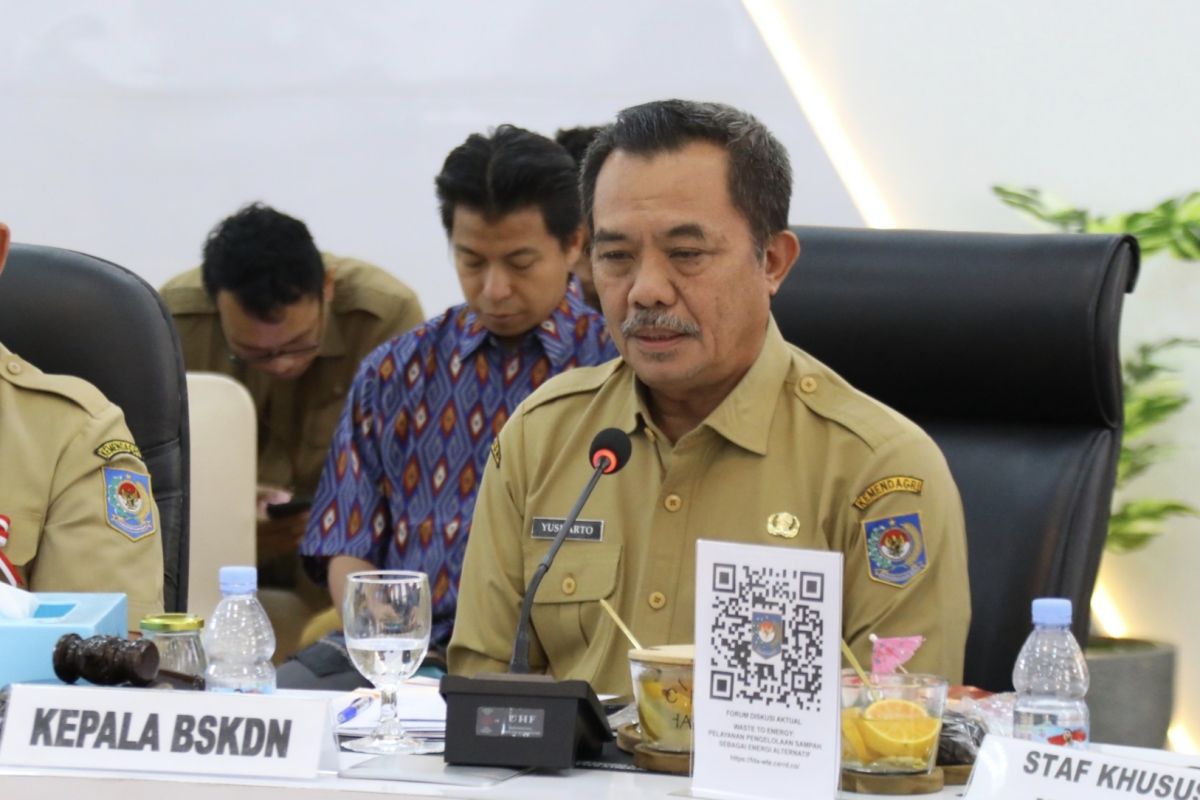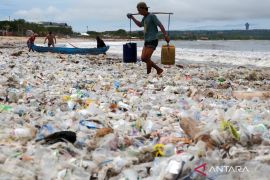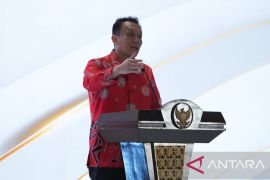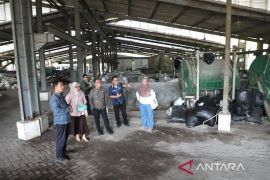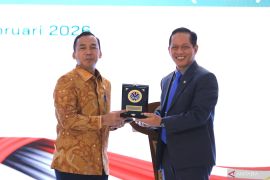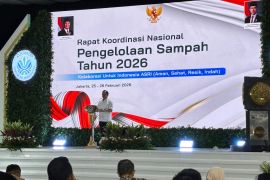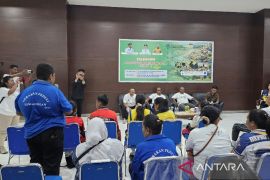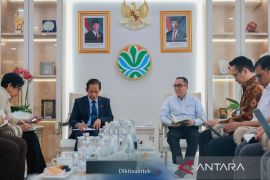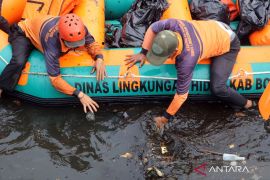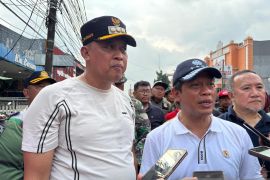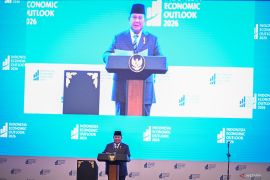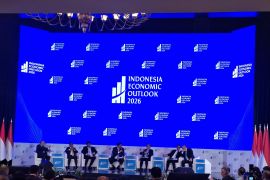In a WtE discussion here on Tuesday, he noted that waste management is not only an environmental and basic service issue, but also part of the seven new National Strategic Projects (PSN) established by President Prabowo Subianto.
To this end, he urged all regional governments to accelerate concrete steps in their implementation.
"The success of the WtE implementation highly depends on regional leadership, institutional capacity, technological readiness, and the right financing scheme," Huntoyungo remarked.
Thus, he continued, Tuesday's discussion, which was attended by representatives from several regional governments, was a strategic forum to share good practices and create joint strategies.
Meanwhile, referring to Presidential Regulation Number 35 of 2018, the government has regulated the acceleration of the development of waste-to-energy facilities based on environmentally friendly technology in various major cities.
However, Huntoyungo noted that implementation still faces various challenges, from funding and technical regulations to a lack of synergy between stakeholders.
On the same occasion, Situbondo District Head Yusuf Rio Wahyu Proyogo emphasized the importance of a local culture-based approach in the WtE implementation.
He explained that in his district, the involvement of religious leaders is key in encouraging a shift in the behavior of the community regarding cleanliness and waste management.
Furthermore, Pekalongan Vice Mayor Balqis Diab underscored the need to involve communities and women's organizations as the main powers in waste sorting and education, starting from the household level.
According to the Environment Ministry’s National Waste Management Information System (SIPSN), 34.2 million tons of waste were generated across Indonesia in 2024, based on reports from 319 districts and cities. Of the total, only 20.4 million tons of waste were properly managed.
Translator: Fianda Sjofjan, Raka Adji
Editor: Aditya Eko Sigit Wicaksono
Copyright © ANTARA 2025
